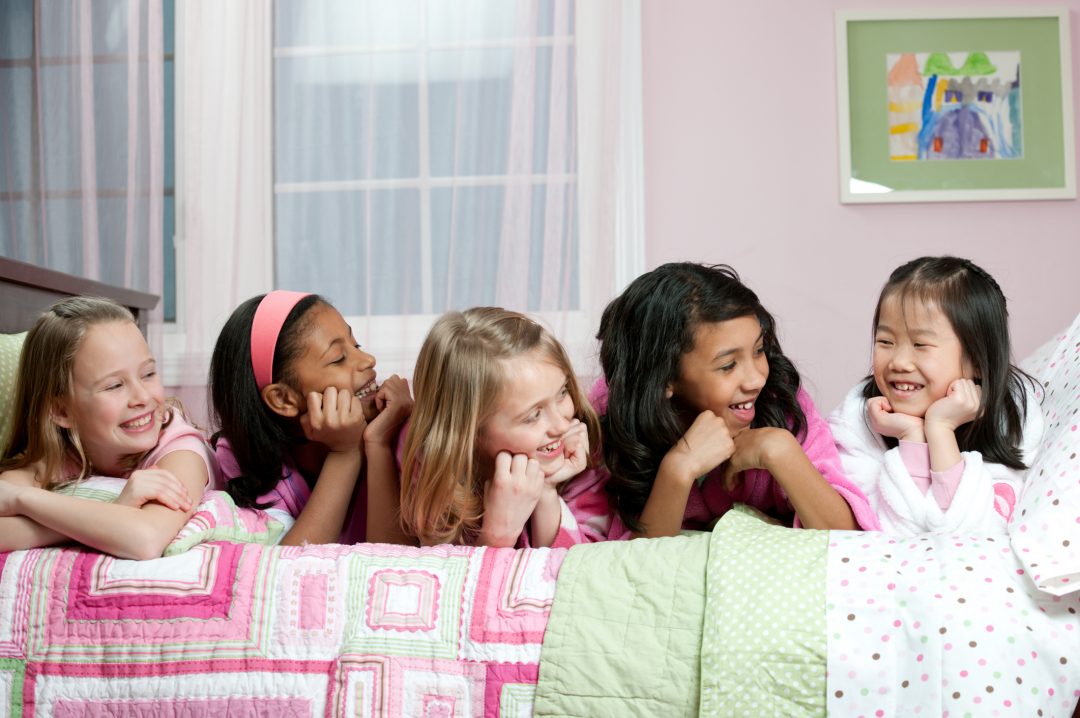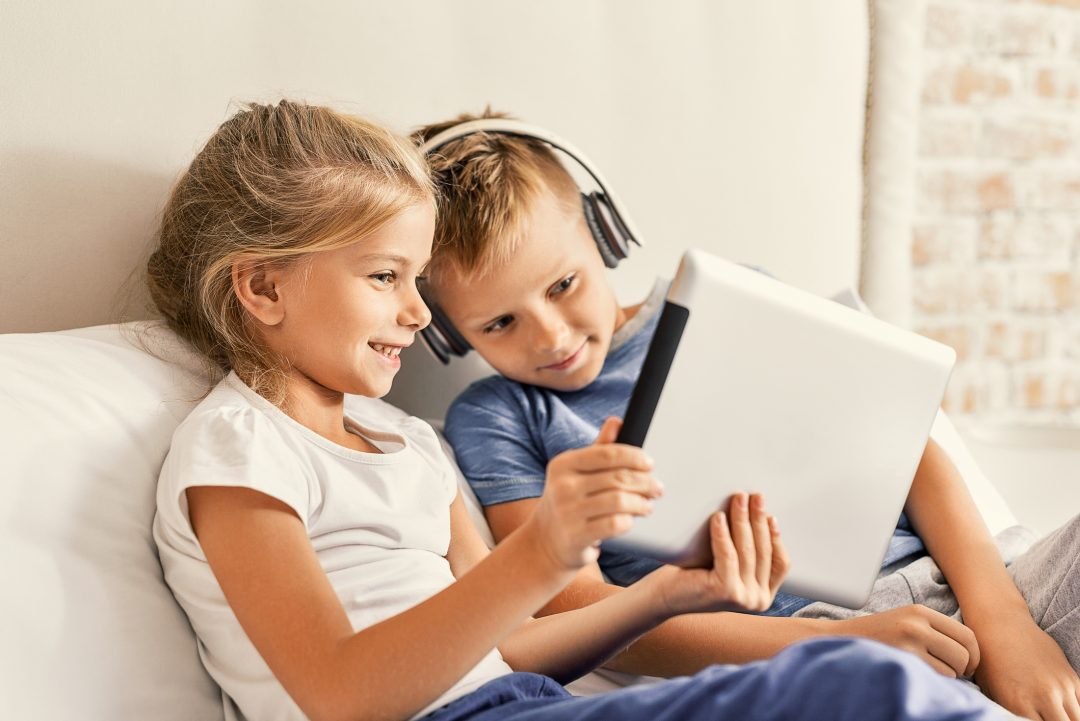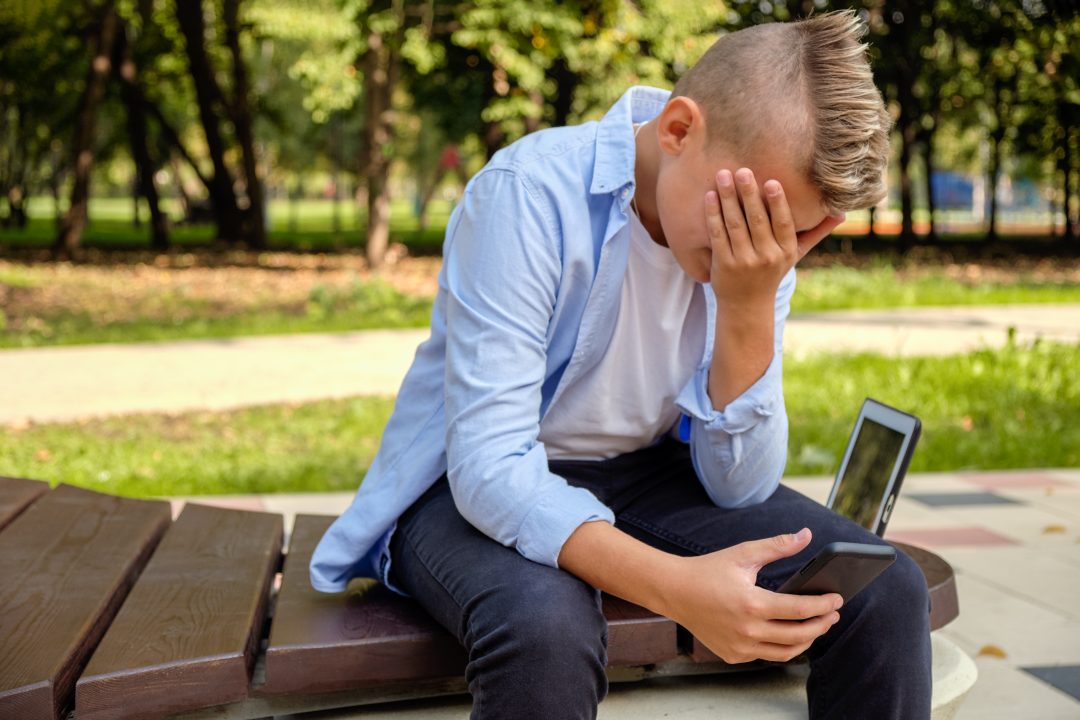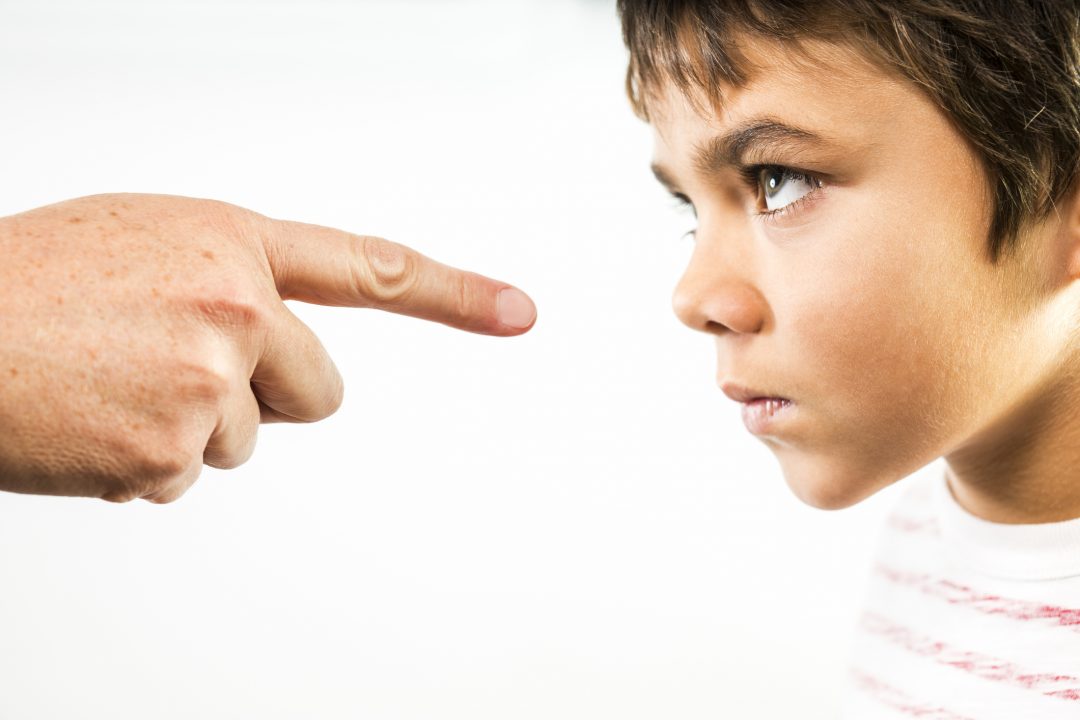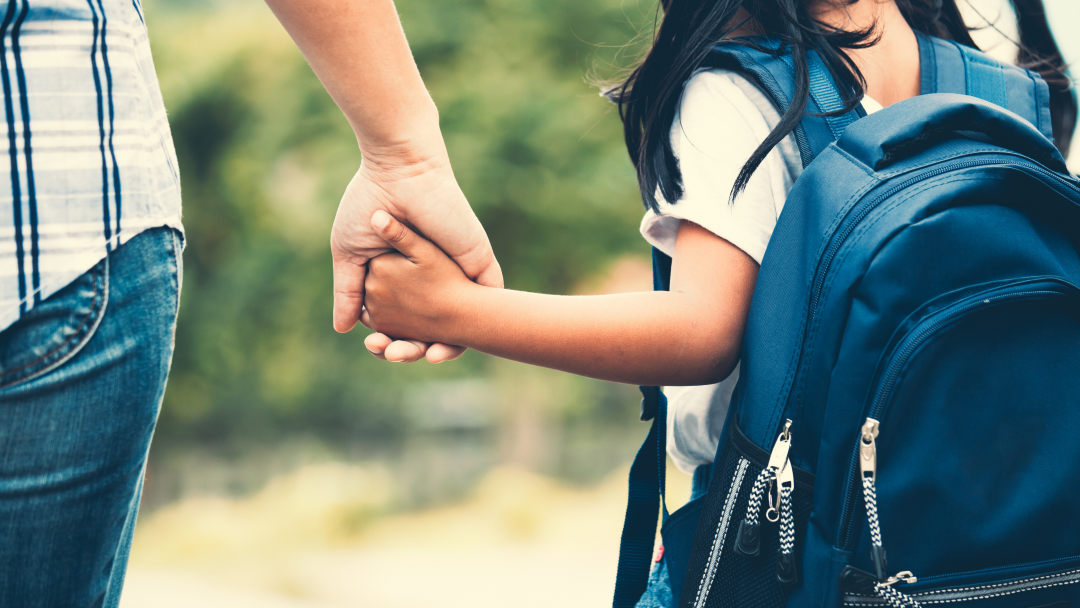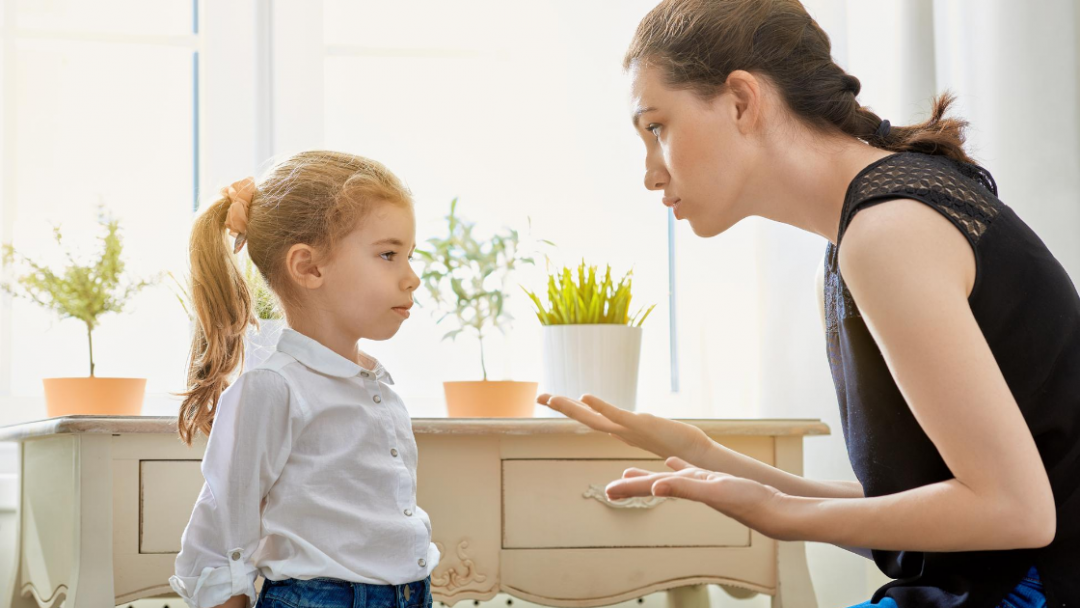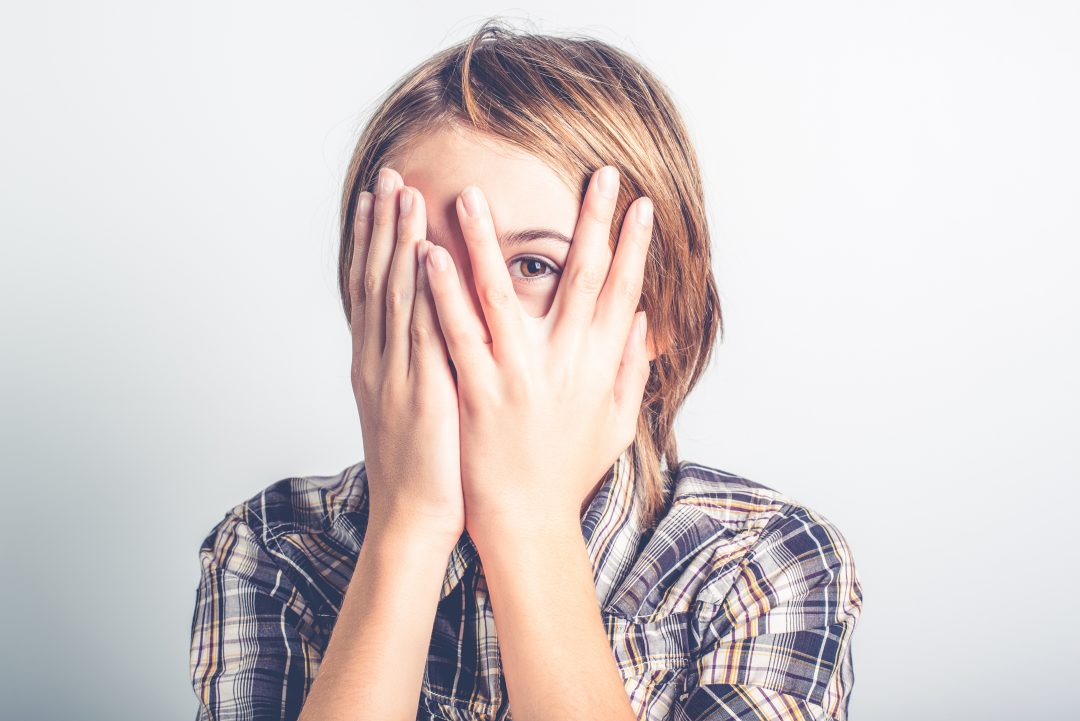Sleepover season: How to navigate the risks and realities of sleepovers these holidays
Categories: General Parenting, Safety
Is there anything more exciting for kids than a sleepover?
There’s something about going to a friend’s house for the night that is incredibly thrilling and brings the absolute sillies out in even the most sensible kids. As grown-ups, a lot of us have great memories of sleepovers, staying up late, sharing secrets, eating junk food, making prank calls (in the olden days when everyone had landlines), watching movies and complaining about our parents.
But, little did we know, sleepovers can actually be kind of tricky territory for parents. These days, sleepovers come with a whole lot of extra considerations for parents, mostly due to the addition of technology into our lives and the lives of our kids. We’re about to enter peak sleepover season as school holidays begin across Australia, so we’ve turned to the ParentTV experts for some advice on managing sleepovers in a way that allows us to keep the thrill alive while also keeping our kids safe. Here’s what they’ve got to say.
There are four main things to be aware of when you’re considering sleepovers for your kids, according to ParentTV expert and psychologist, Dr Justin Coulson. They are:
- The question of technology use, limits and guidelines
- The issue of kids being exposed to inappropriate content
- The possibility of abuse occurring when our children aren’t supervised by us
- The fact that sleepovers are exhausting and can cause behavioural issues.
Let’s unpack these, one by one!
The issue of technology
Gone are the days when the worst thing that could happen with technology on a sleepover is that your kids managed to get hold of a VHS or DVD movie with a few swear words in it. Today, digital devices with instant internet access are everywhere and in every home, including the one your child’s going to for a sleepover. We’ve all got different ideas about tech time or screen time and what we feel is healthy for our own kids, but what do we do when another kid is added into the mix? ‘One of the biggest issues I hear about is parents who are worried about their kids using technology for too long or behind closed doors at sleepover,’ says Dr Coulson.
It’s important that we talk to our children about our expectations, and, to the extent that it’s possible (and depending on our relationship with the person hosting the kids), have a chat with the parents about the rules, too.
Dr Justin Coulson
Holly-ann Martin, ParentTV expert and Protective Behaviours educator, agrees with this. ‘What I always recommend is that if a child is going on a playdate or sleepover, then the adults need to have a conversation around technology and time limits. I’d suggest that technology in bedrooms is a big no-no.’ Dr Kristy Goodwin, ParentTV expert, psychologist and Digital Wellbeing specialist, goes one step further, suggesting that technology and digital devices shouldn’t feature in sleepovers or playdates at all. ‘Playdates really need to be unplugged times,’ Dr Goodwin says. ‘Kids only get one chance at childhood and we want to make sure that they get all those rich memories of screen-free activities.’
The issue of exposure to inappropriate content
‘Exposure to explicit and inappropriate content is a genuine and real risk that we need to be aware of when we’re considering letting our kids go on sleepovers,’ says Dr Coulson. ‘Far too often I hear about 8-year-olds who are exposed to things that they never would have been if they hadn’t attended a sleepover. Someone might look up a rude word on Google and get a lot more information than we would have from looking the same word up in the dictionary as kids.’
This is the crux of her advice to avoid technology on sleepovers altogether, confirms Dr Goodwin.
One of the chief risks and my main reason for discouraging playdates with technology is cyber safety. I don’t want to make myself, my family or the kids coming to my house susceptible to online predators or to accessing inappropriate content.
Dr Kirsty Goodwin
It may not be intentional, either, Dr Coulson points out. ‘I’ve heard of kids at sleepovers just walking through a living room where an older sibling or adult is watching a movie with inappropriate content, and this being upsetting for them.’ We know that children as young as seven are seeing pornography, says Holly-ann Martin, and it’s not a case of if they see it, but when they see it. What’s more, we might not learn about it until later. ‘I hear from children all the time that they didn’t tell an adult about seeing pornography because they were worried about getting into trouble or having their technology taken away,’ Holly-ann says. This is echoed by ParentTV expert, Maggie Dent, who says children might not disclose about seeing explicit content because they want to be allowed to go on a sleepover again. ‘Sometimes, kids get frightened on sleepovers and aren’t brave enough to ring home. Tell your children that if they get to a place where they feel scared, uncomfortable or just too tired, you see it as a sign of strength if they’re able to come and call you to pick them up.’
The risk of abuse
‘The most concerning risk is that, while many of us have great experiences at sleepovers, others have the most traumatic experience of their lives at a sleepover,’ says Dr Coulson. ‘Abuse can and does happen at sleepovers, whether it’s an older sibling, parent or visitor who sees an opportunity.’ It’s important to find out who will be in the home your child is going to and who will be supervising, Holly-ann says. ‘This is an important conversation for the adults to have, even if it’s with close family members who will be hosting your child.’ It might feel awkward at the time, but the consequences of not doing it could be devastating.
One-third of Australian kids will experience some form of child abuse before their eighteenth birthday. This covers the whole spectrum of circumstances from exposure to pornography to the most heinous crimes, but whatever it is, it changes that child forever from that day.
Holly-ann Martin
It’s also important to acknowledge that the perpetrator may not be an adult. ‘A statistic that we don’t talk a lot about is that 45% of sexual abuse is children to children or teenagers to children,’ Holly-ann says. And again, parents may not always know about it. ‘Lots of parents say to me, ‘Holly-ann, if something happened to my child, they would tell me,’ but I’m here to say that they might not, for lots of reasons,’ Holly-ann says. That’s why it’s important for kids to learn protective behaviours to help guard themselves against abuse, Holly-ann says. ‘Teaching kids protective education is the number one thing you can do to help them. We can’t expect kids to keep themselves safe, that is our job as adults. You are the last line of defence.’
Behavioural issues after sleepovers
Obviously, the issue of problematic behaviour in our kids after sleepovers is far less concerning than the possibility of their exposure to explicit content or abuse, but it’s still worth thinking about. ‘Children turn into zombies after sleepovers,’ says Dr Coulson. ‘They stay up late, eat junk food and come home ratty.’ Maggie Dent agrees with this, saying that they may also be responding to the challenges posed by different household dynamics and expectations at their friend’s place.
When kids go on sleepovers, they go with this great childlike desire and expectation that it will all be fun, but sometimes other houses have different rules that can be frustrating. The older siblings of friends can give little kids a hard time. Other kids come home exhausted from not enough sleep, which can make them crabby and unsettled.
Maggie Dent
If your child is one who really needs their sleep to function, this might be something to raise with the hosting parent, Maggie says. It might also be good to factor in a rest day or two when your kiddo gets home, without activities or commitments to get through.
So, where does this leave us?
‘The pros of sleepovers are great memories, fun times, shared experiences, strengthened friendships. But then, there are the risks,’ Maggie says. Ultimately, assessing this risk will be the task of the parents or carers, each time a sleepover is planned. There’s no right answer to the questions of sleepovers, says Dr Coulson, but there are things you can do to mitigate the risks.
You may be more comfortable having kids to come sleep over at your house rather than letting your child go to theirs. When this happens, write a note that explains how you do sleepovers, what time the screens will be off, who will be supervising, who will be there, how you will keep the kids safe and how you will maintain a curfew. Set the minds of those parents at ease, and your kids can still have those great sleepover experiences in the safety and comfort of their own home. Hopefully, if the parents then have your child over, they’ll return the favour.
Dr Justin Coulson
There are also other risk mitigation strategies parents can use, like teaching kids the protective behaviours Holly-ann Martin mentioned. While it’s not the responsibility of our kids to stop harm coming their way, we can equip them with knowledge about how best to respond if they are in an unsafe situation.
Teach your children the correct anatomical names for body parts, teach them consent, teach them to have a safety team of five adults they can talk to if they don’t feel safe. Make sure your child is learning protective education at school, because it needs to come from there as well. Everyone needs to be working together to keep kids safe.
Holly-ann Martin
Kristy Goodwin also suggests doing some role playing with kids to help them work out what to do if they encounter a ‘digital dilemma’, like a friend showing them something scary on an iPad or phone. Practicing what to say or do can help give them the confidence to do it in real life as and when they need.

